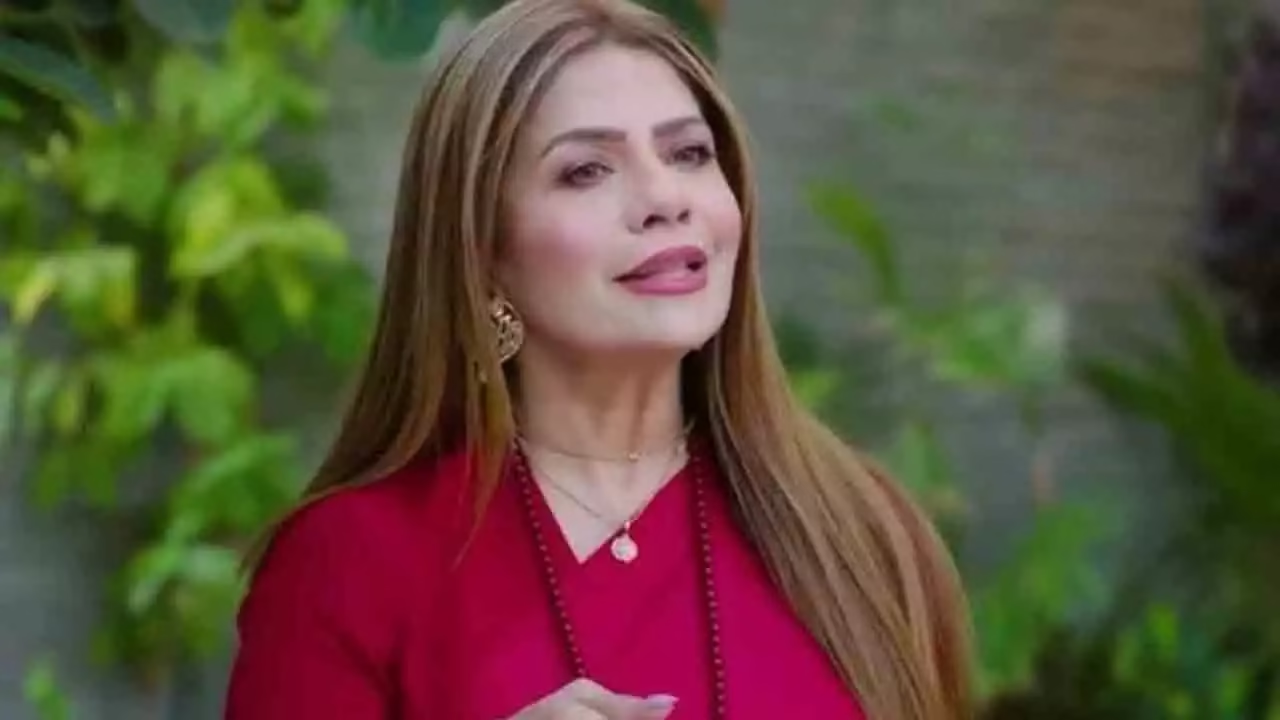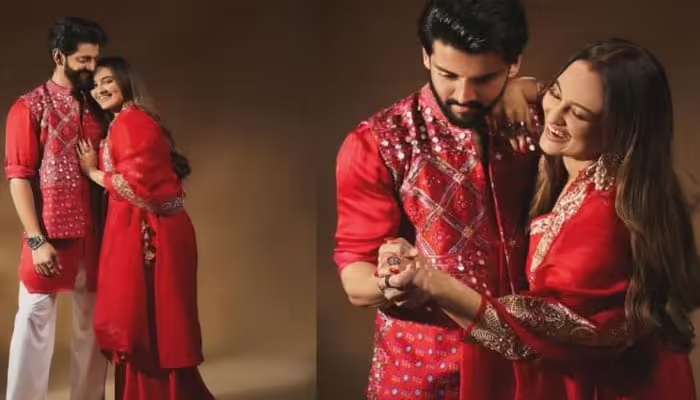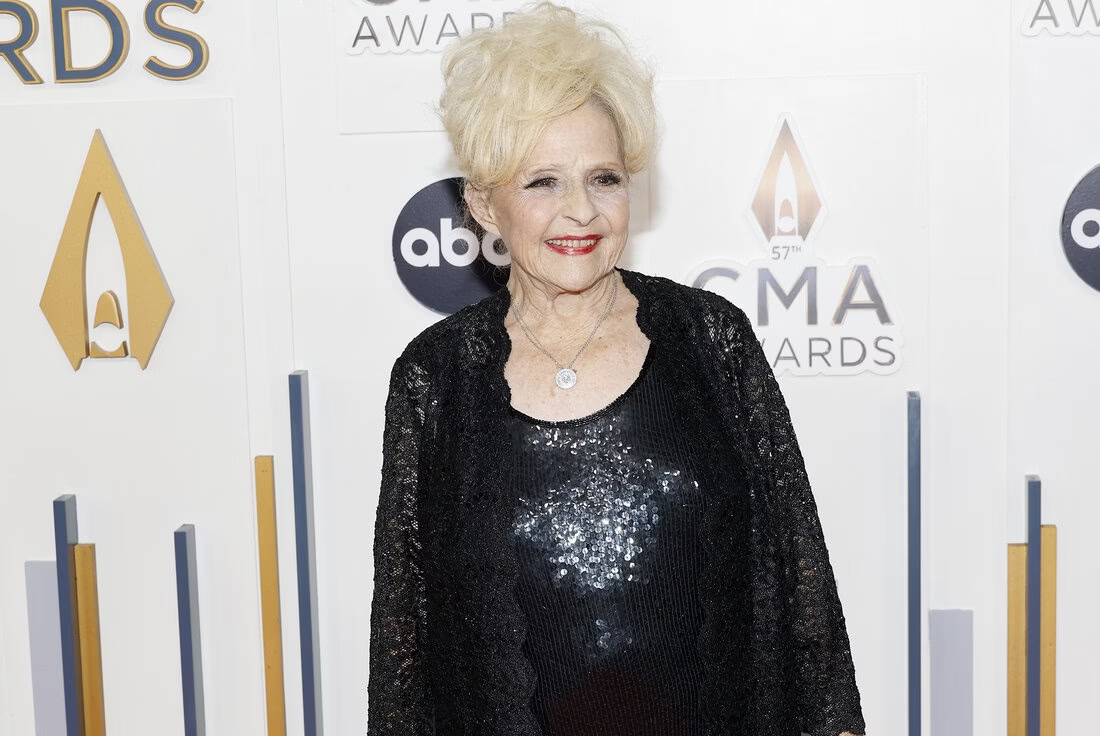Pakistani actress and morning show host Amber Khan has once again courageously shared her personal journey, shedding light on the challenges she faced in her married life. Appearing recently on a private TV morning show, Amber spoke candidly about her early marriage, domestic abuse, and how she rebuilt her life after divorce. Her story resonates with countless women across Pakistan and beyond, making her a voice for resilience and empowerment.
A Young Marriage That Turned Difficult
Amber Khan revealed that she got married at the young age of 20. Despite being young, she considered herself emotionally and mentally mature. Most girls at that age are not very mature,she explained, but I was quite intelligent and aware.Unfortunately, her emotional maturity was not enough to shield her from the difficulties she would soon face in her marriage.
She admitted that her married life was not a happy one, stating, I did not find a good husband. Her words reflect the painful reality that intelligence and upbringing cannot always guarantee a peaceful domestic life. Amber described her situation as being particularly unlucky in terms of choosing a life partner, despite being raised with love, care, and moral strength by her parents.
Good In-Laws, But a Broken Relationship
Interestingly, Amber Khan shared that she had a positive relationship with her in-laws. Her mother-in-law, father-in-law, and even her husband’s uncle were friendly and kind toward her. We had a friendly relationship, and there were no issues,she said. However, the problem lay in her relationship with her husband, which was fraught with emotional and physical abuse.
Amber confessed that she used to argue with her husband over matters involving her brother-in-law but never had the courage to stand up for herself in the beginning. This silence continued until her parents intervened, encouraging her to speak up and not tolerate abuse.
Domestic Abuse: Speaking Out Against Violence
One of the most powerful moments in her interview was when Amber Khan spoke about domestic violence. She openly shared that her husband had been physically abusive—slapping, kicking, and beating her during their marriage. It was a painful and traumatic experience that she kept to herself for a long time.
My parents never hit me, not even once,she recalled her father saying. So who is the husband to raise his hand on you? That moment, she said, was a turning point. With her parents’ support and encouragement, Amber began to find the strength to stand up for herself. She made the difficult but necessary decision to stop tolerating the violence and eventually moved toward divorce.
Divorce and Life Beyond
Amber Khan has spoken before about her divorce and the challenges that followed. Interestingly, she revealed that it was her husband who initially encouraged her to work in the showbiz industry. However, as their relationship deteriorated, it became clear that continuing the marriage was not possible.
In January 2025, Amber shared that she returned to work just one day after her divorce. She didn’t even complete the traditional waiting period (iddah), not out of disrespect, but because she had no choice. My work was the only way to run my household,she explained. I had to earn to survive.
Her words highlight the resilience and strength required of single mothers and women who must navigate life on their own terms after leaving toxic relationships.
A Voice for Empowered Women
Amber Khan’s bravery in sharing her personal experiences of domestic abuse, toxic marriage, and financial independence is an inspiration to many women facing similar situations. In a society where many women suffer in silence, her openness helps break the stigma around divorce and domestic violence in Pakistan.
Her story encourages women to recognize their self-worth, speak out against abuse, and prioritize their own mental and physical well-being. Amber Khan’s journey is a powerful reminder that life after divorce is not the end, but often the beginning of a stronger, more empowered self.



